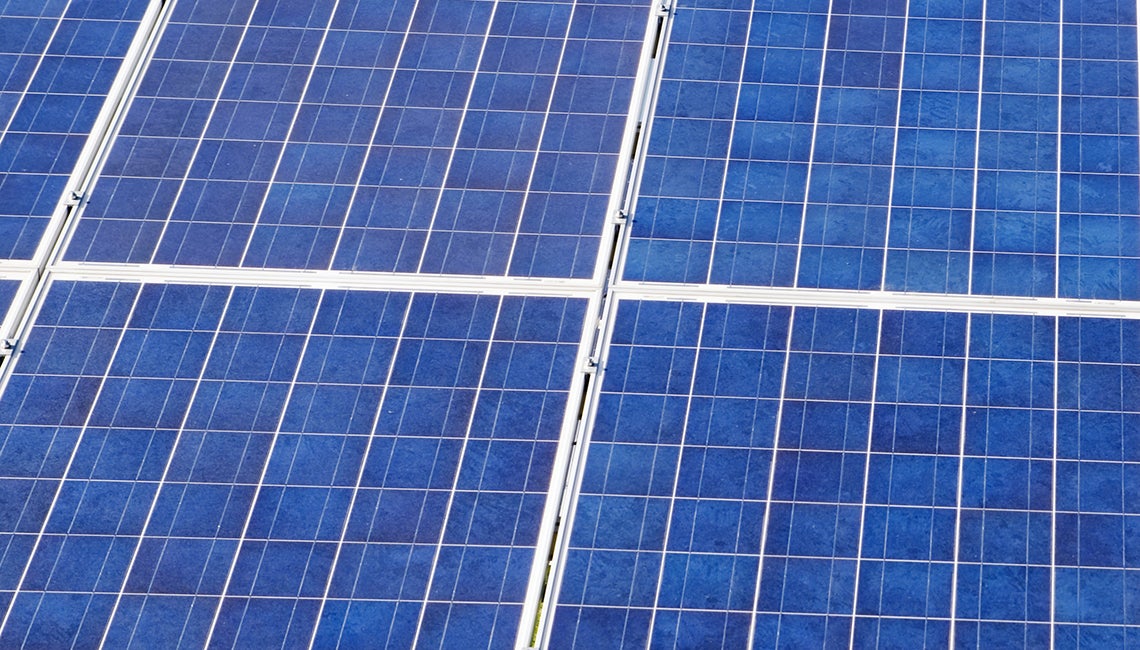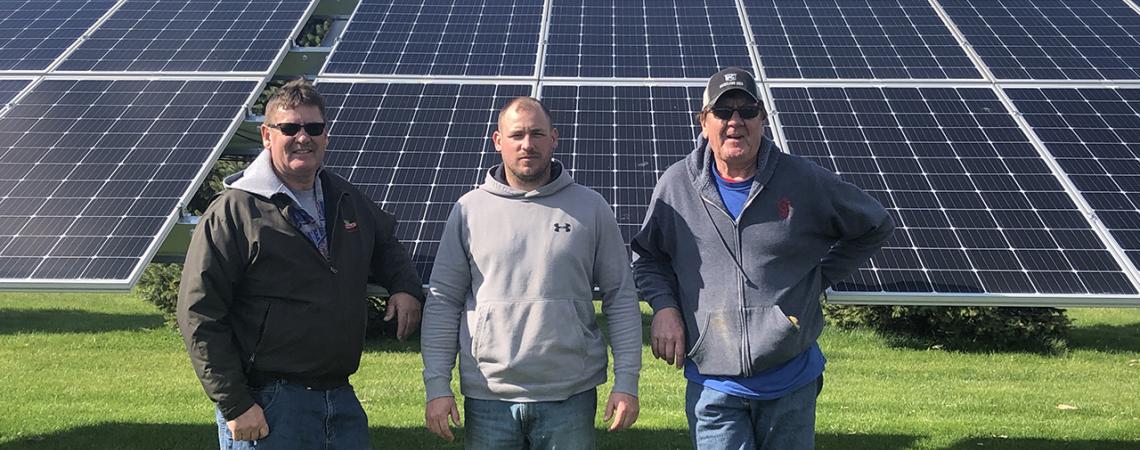Nick and Amanda Kelly knew they were making a long-term investment, one they hoped would benefit not only their wallets, but the entire planet.
After a search they had begun to think would never end, they finally found their dream house on an ideal parcel of land in north-central Ohio. As they settled in, they began seeing advertisements for the installation of solar panels that sounded almost too good to be true.
“It was perfect,” Amanda Kelly says. “We could get a system with no money out of pocket that would save us money on our bills now, and by selling the extra electricity the panels generated, we’d even have a small income stream — especially once we paid off the loan. Saving money, saving the planet for our kids — it was everything we wanted.”
Today, the Kellys are in a battle with the solar company to get the panels removed and their investment returned. The salesperson, they say, wildly exaggerated the production potential of their system and subtly pressured them into signing a contract before they had a chance to investigate all the details and promises of the deal. Now, between the loan payment and their regular electric bill, the total they spend each month for electricity has quadrupled.
Dennis Tietje, his son, Chris, and brother, Ervin, who operate Tietje Brothers Farm near Deshler, took advantage of grants and tax incentives to install 320 solar panels to help power their homes and farm operation.
“It’s like most things that sound too good to be true,” says Andrew Finton, energy advisor for North Central Electric Cooperative, of which the Kellys are members. “The solar company either didn’t have or didn’t give them any information that is specific to connecting to the (co-op) system, and it would have made a big difference — things like our on- and off-peak rates and our demand charge that are designed to make our billing fair to all of our members. The numbers they were using to estimate the savings on their bill weren’t even close to real life.”
The co-op’s message: “Talk to us first.”
“People somehow think that we might be anti-solar because we sell our own electricity,” Finton says. “They don’t remember that we’re not for profit, that we have always been their trusted energy advisors. I can’t tell you how many times I’ve gone into someone’s home and showed them all kinds of ways that they could use less electricity. How many for-profit companies teach their customers how to use less of their product? Not very many.
“Those solar companies like to get that contract signed before the member even has a chance to talk to us about it, and then it might be too late,” he says. “I would never tell anyone they can’t get solar panels for their home; I just want to make sure they have all the information they need to make a good decision.”
A solar system made good economic sense for Dennis Tietje and his family, who live near Deshler and are members of Hancock-Wood Electric Cooperative — though it wasn’t when they first considered it.
“Five years ago, a guy approached me and wanted to talk about installing a solar array,” says Tietje, who farms 6,500 acres with his brother, Ervin, and his son, Chris, and uses a large electric load to dry the wheat and corn he harvests. “I said right away that I needed to talk to the co-op to talk about the numbers. It turned out that it just didn’t make sense, so we walked away. We wanted to improve our operation’s sustainability, so I checked again about a year ago, and as it turned out, the price of the system was about half of what it had been, it was more efficient, and there were grants available and a big tax incentive. The co-op looked at all the numbers and was able to confirm that it seemed like a good idea.”
Dennis installed 80 panels between his house and the farm shop, Ervin had 40 installed on his house, and they had another 200 installed for the grain drying operation. With the grants, tax credits, and some luck with the weather, the panels will pay for themselves within five years.
“Co-ops are not generally anti-solar, but we just want to help folks make sure it makes sense,” says Ryan Goolsby, senior engineer at Hancock-Wood Electric. “We know that not everyone is doing it necessarily for just monetary reasons, but costs need to be transparent and projections need to be realistic.”
In fact, electric cooperatives have supported home power installations for years. Buckeye Power, the cooperative generation provider, has even worked to simplify the process and to make cooperative policies and fees even more transparent.
“The solar companies might know about solar installations, but there’s no one who knows more about our system and your bill than we do,” Finton says. “If you’re considering solar for your home, just make sure to call your co-op and make sure there won’t be any surprises down the road.”










